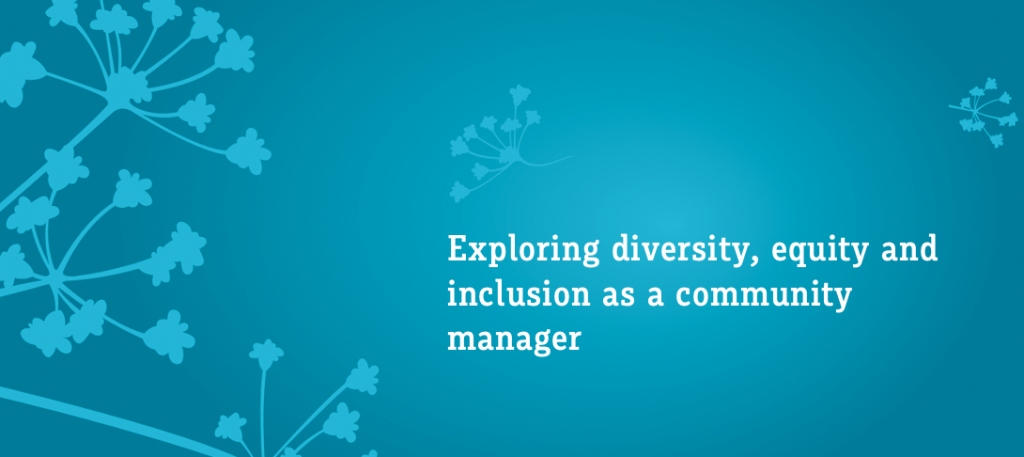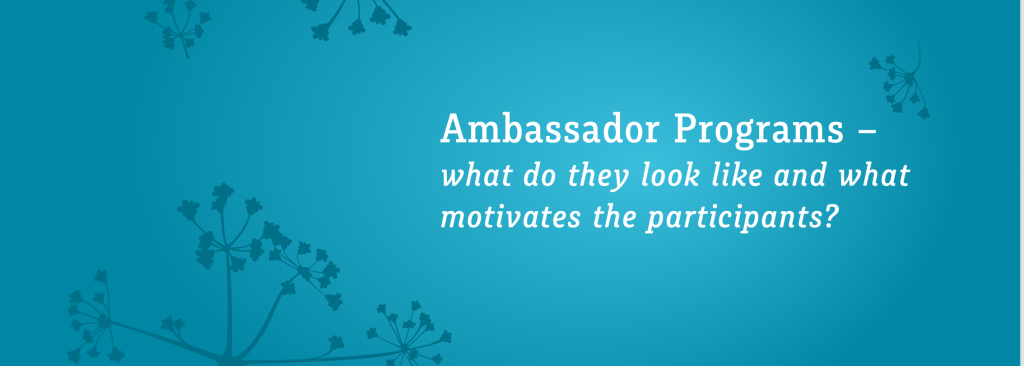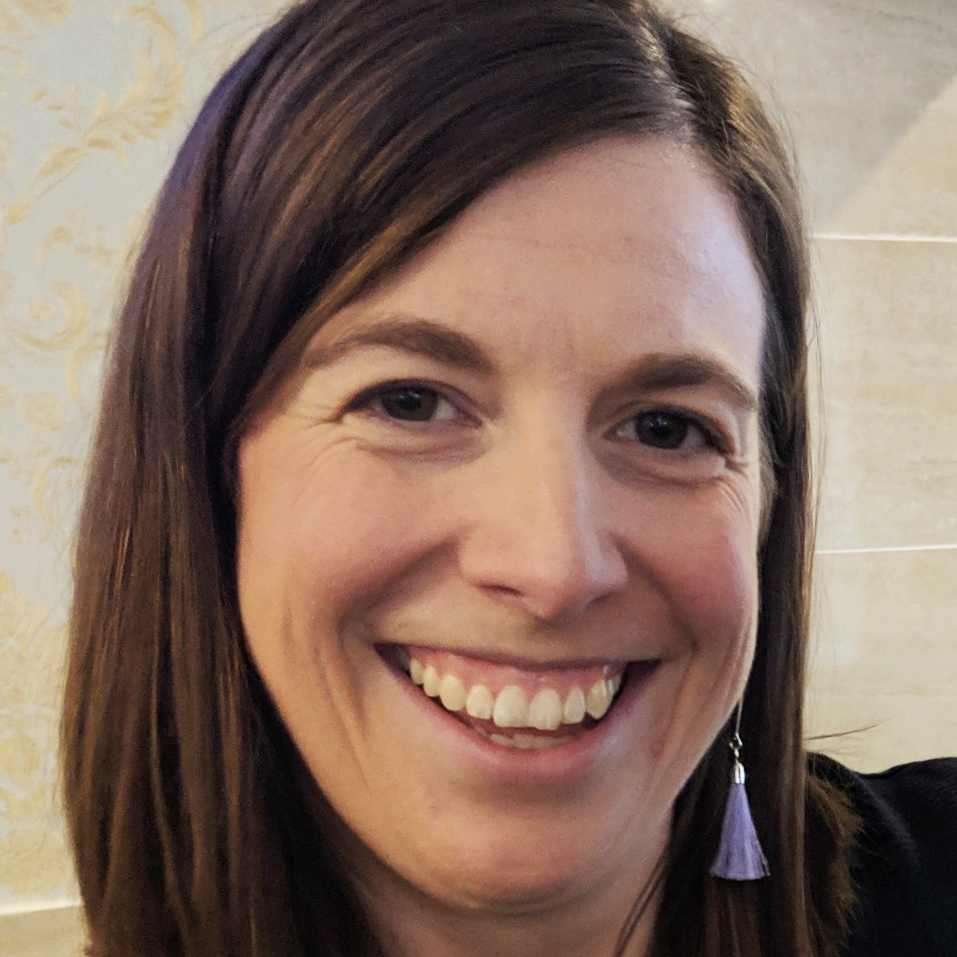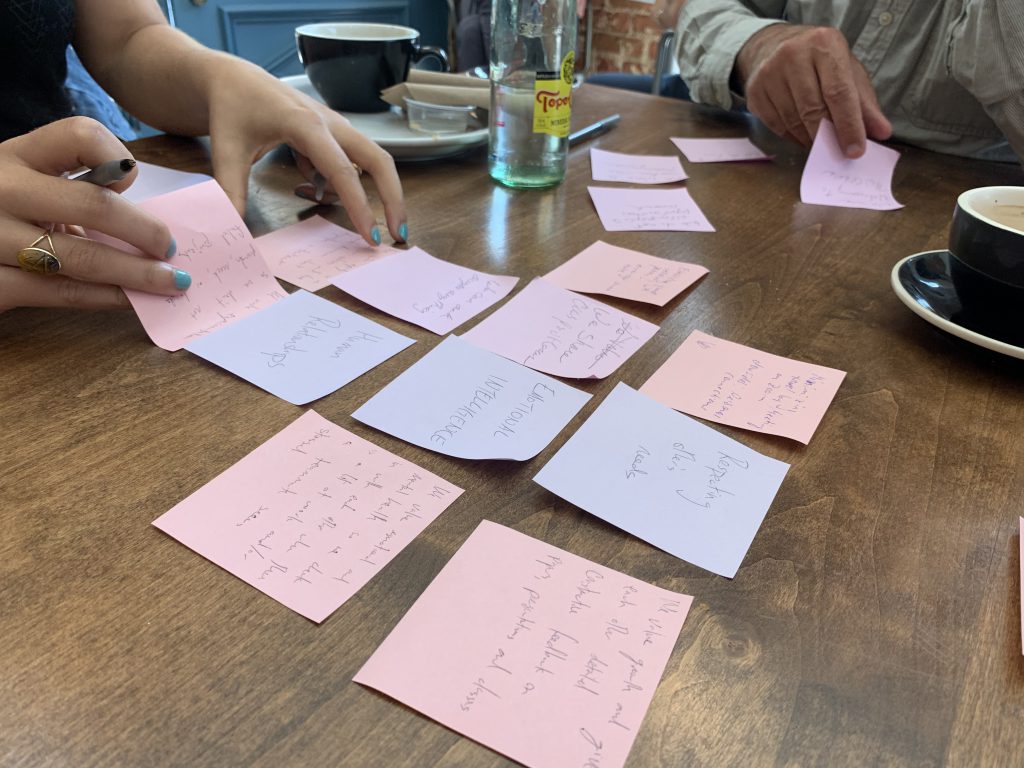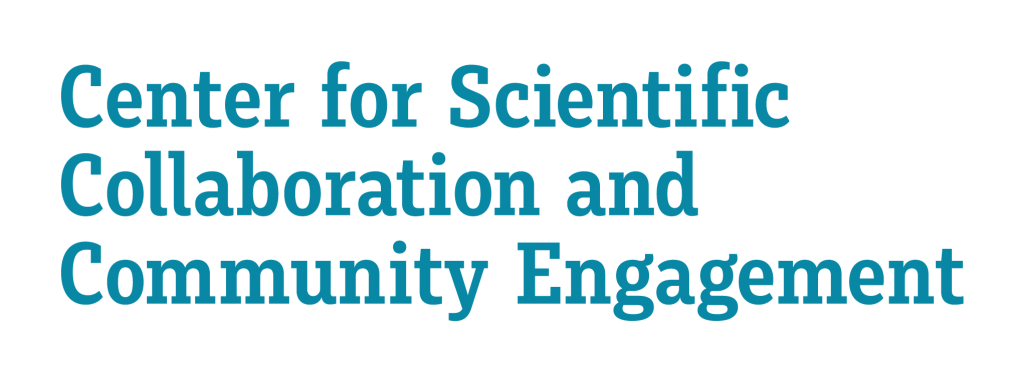In this guest blog, CEFP 2019 Fellow Arielle Bennett-Lovell considers how her community organizing efforts outside science help her in her day job as Coordinator for the Institute for Neuroscience at the University of Cambridge.
What do a local campaign to save libraries, shared allotments, extinction rebellion protests, and a society of learned individuals all have in common? All of these are groups of people brought together by a shared goal, often with the intention of using collective discussions and engagement from members to push forward a set of ideas or principles using a variety of different initiatives.
A mature scientific community, which is co-creating its programming and future direction as part of a member-led exercise, or advocating for larger societal change on key issues in broader society, shares a lot of organisational parallels with an active community outside of science. However, as community managers, we sometimes don’t see these connections and miss the opportunity to use a breadth of examples in our own organisations.
We can, and should, examine the experiences of other communities, bringing them back into our own as examples of collective organising. This can enrich planning and programming for our scientists, students, and stakeholders. I’ve been lucky to be a part of a number of different campaigns and communities outside of my day job, and in this piece, I’ve outlined some of the key aspects of collective organising I’ve picked up from outside science.
Continue reading “From the rehearsal to the annual meeting: What can scientific community managers learn from collective organizing in other situations?”